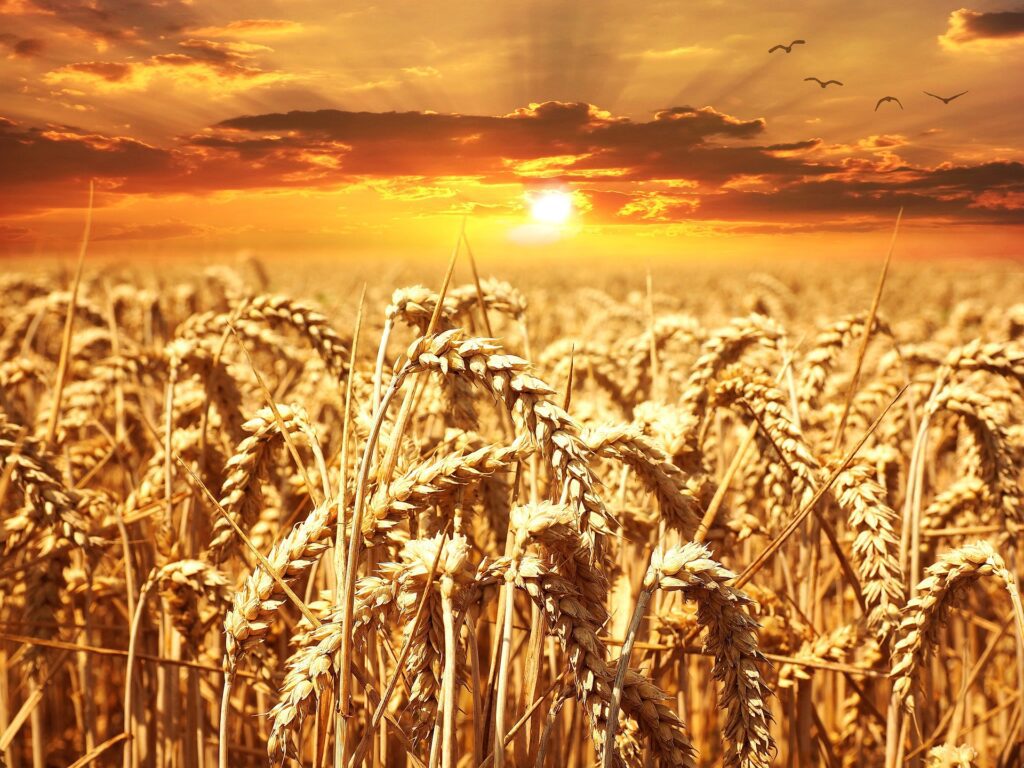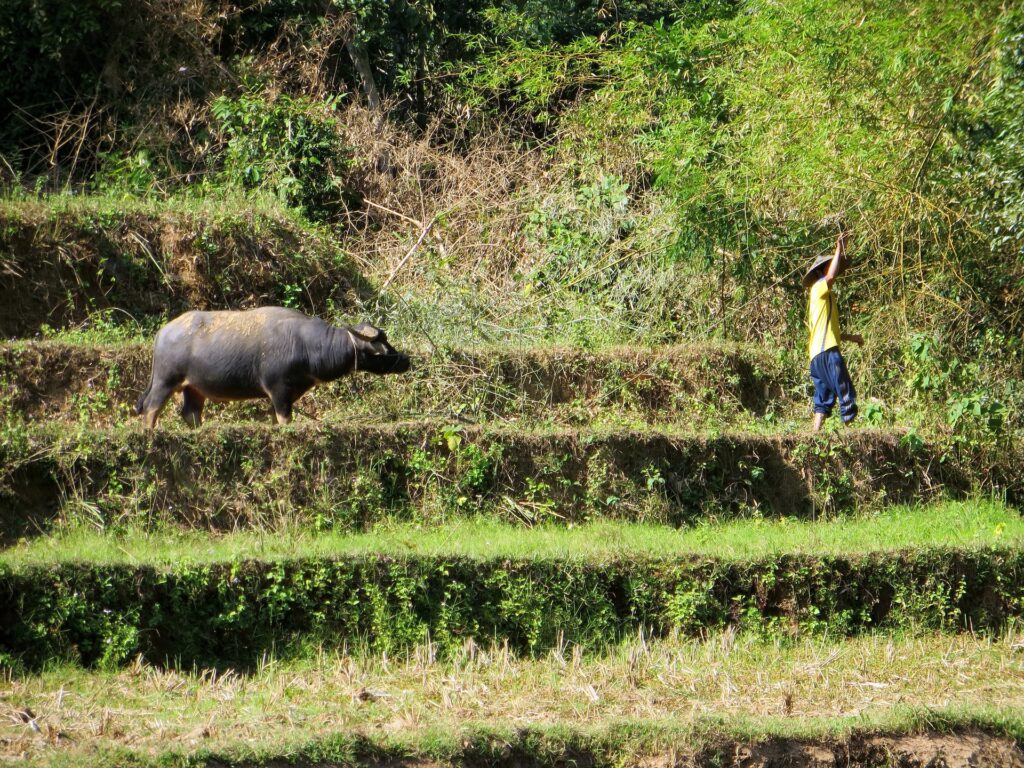Table of Contents
Introduction
Subsistence farming Imagine a life where your daily efforts directly provide for your basic needs. Where the rhythm of your days is dictated by the rising and setting of the sun, and your success is measured not in quarterly profits, but in the bounty of your harvest. This is the essence of subsistence farming – a way of life practiced for centuries, often seen as a relic of the past.
However, beneath its traditional exterior lies a powerful set of principles and practices that offer profound lessons for personal and professional success in today’s complex world.Subsistence farming, at its core, is an agricultural practice where farmers grow enough food to meet the needs of their families, with little or no surplus to sell for profit. It’s a lifestyle deeply rooted in tradition, shaped by cultural heritage, and driven by economic necessity in many parts of the world.
It’s a way of life that emphasizes self-reliance, community resilience, and a close connection to the land.But can such a seemingly simple, even antiquated, practice offer insights relevant to our modern lives? Absolutely. This blog argues that the underlying principles and practices of subsistence farming translate into invaluable skills and mindsets that can significantly enhance both personal fulfillment and professional achievement.
By examining the core tenets of this agricultural approach, we can extract wisdom applicable to a wide range of endeavors, from building strong relationships to leading successful businesses. Let’s delve into the world of subsistence farming and unearth the keys to unlocking your potential.

Understanding Subsistence Farming
Before we can fully appreciate the connection between subsistence farming and success, it’s essential to understand its core principles and defining characteristics.Core Principles:
- Self-Reliance: At the heart of subsistence farming is the principle of self-sufficiency. Farmers strive to provide for their own needs, minimizing their dependence on external sources for food, resources, and even income. This self-reliance extends beyond the individual farmer to the community as a whole. When families can feed themselves, it strengthens the social fabric, reduces reliance on government assistance, and fosters a sense of collective independence.
- Sustainability: Unlike many modern agricultural practices that prioritize short-term gains over long-term environmental health, subsistence farming emphasizes sustainability. Farmers understand that the land is their most valuable asset and must be cared for to ensure its continued productivity. This translates into practices like crop rotation, composting, and the use of natural pest control methods, all aimed at minimizing waste, conserving resources, and protecting the environment for future generations.
- Adaptability: Subsistence farmers are acutely aware of the vagaries of nature. They understand that weather patterns, soil conditions, and pest infestations can all impact their harvest. As a result, they develop a high degree of adaptability, constantly learning from their environment and adjusting their practices to suit local conditions. This adaptability often involves using intensive farming methods, diversifying crops, and employing innovative techniques to maximize yields in challenging circumstances.
Key Characteristics:
- Small-Scale Farming Focused on Personal or Family Needs: Subsistence farms are typically small, often just a few acres in size, and are primarily dedicated to producing food for the farmer and their family. The focus is on meeting immediate needs rather than generating a surplus for commercial sale.
- Use of Traditional Tools and Farm Implements: While modern technology is increasingly finding its way into subsistence farming, traditional tools and techniques remain prevalent. Hand tools like hoes, shovels, and sickles are common, as are animal-powered plows. This reliance on simple technology emphasizes resourcefulness and ingenuity.
- Cultivation of a Variety of Crops and Livestock Rearing: Diversification is a key strategy in subsistence farming. Farmers typically cultivate a variety of crops, including grains, vegetables, fruits, and legumes, to ensure a balanced diet and reduce the risk of total crop failure. They may also raise livestock, such as chickens, goats, or pigs, for meat, milk, and eggs.
- Minimal External Inputs: Subsistence farmers strive to minimize their dependence on external inputs like synthetic fertilizers, pesticides, and genetically modified seeds. This reduces their costs, protects the environment, and promotes self-sufficiency.
- Reliance on Family Labor: Family labor is a cornerstone of subsistence farming. All members of the family, from young children to elderly grandparents, typically contribute to the farm’s operations. This fosters a strong sense of community, shared responsibility, and intergenerational knowledge transfer.


Benefits of Subsistence Farming
While subsistence farming may seem like a challenging and precarious way of life, it offers numerous benefits, both to the individual farmer and to the wider community.
- Food Security: Perhaps the most obvious benefit of subsistence farming is that it ensures food security. By growing their own food, farmers are less vulnerable to market fluctuations, supply chain disruptions, and rising food prices. This is particularly important in regions where access to affordable and nutritious food is limited.
- Community Resilience: When families are able to feed themselves, it strengthens the resilience of the entire community. In times of economic hardship or natural disaster, communities with a strong base of subsistence farmers are better able to weather the storm and support one another.
- Economic Independence: Subsistence farming provides a livelihood for families who may otherwise struggle to find employment. It reduces dependence on wage labor or government assistance and allows farmers to control their own economic destiny.
- Biodiversity Preservation: Subsistence farming often involves the cultivation of a wide variety of crops, including heirloom varieties that are not commonly grown in commercial agriculture. This helps to preserve biodiversity and protect against the loss of valuable genetic resources.
- Cultural Heritage Preservation: Subsistence farming is often deeply intertwined with cultural traditions and practices. By continuing to farm in traditional ways, farmers help to preserve their cultural heritage and pass it on to future generations.
How Subsistence Farming Relates to Personal Success
Now, let’s explore the fascinating connections between subsistence farming and personal success. It’s not about literally abandoning your current life to become a farmer (although some might find that appealing!), but rather about adopting the mindset and principles that underpin this way of life.


- Discipline and Hard Work: Subsistence farming is not for the faint of heart. It requires consistent effort, unwavering dedication, and a willingness to work long hours, often in challenging conditions. From dawn till dusk, farmers are engaged in a variety of tasks, from planting and weeding to harvesting and animal care.
- This constant labor cultivates a deep sense of discipline and a strong work ethic – qualities that are essential for achieving any personal goal. In your personal life, this translates to consistently working towards your aspirations, whether it’s learning a new skill, improving your health, or building stronger relationships. It’s about embracing the daily grind and understanding that success is rarely achieved without hard work.
- Resourcefulness and Problem-Solving: Subsistence farmers are masters of resourcefulness. They must make do with limited resources, find creative solutions to unexpected problems, and adapt to changing circumstances. Whether it’s repairing a broken tool, finding a natural way to control pests, or conserving water during a drought, farmers are constantly improvising and innovating.
- This fosters a strong problem-solving mindset and the ability to think outside the box. In your personal life, this means approaching challenges with creativity and resilience. It’s about seeing obstacles as opportunities for growth and finding innovative ways to overcome them, even when resources are scarce.
- Patience and Delayed Gratification: Farming teaches patience like few other endeavors. From planting a seed to harvesting a crop, the process takes time. There are no instant results, and farmers must be willing to wait for the fruits of their labor. This cultivates the ability to delay gratification and work towards long-term goals, even when the rewards are not immediately apparent. In a world of instant gratification, this is a particularly valuable lesson.
- It teaches us to resist the temptation of immediate pleasure and to focus on building a solid foundation for future success. It’s about understanding that true fulfillment often comes from pursuing goals that require time, effort, and perseverance.
- Adaptability and Resilience: The life of a subsistence farmer is full of uncertainties. Weather patterns can be unpredictable, pests can decimate crops, and markets can fluctuate wildly. Farmers must be able to adapt to these changing conditions and bounce back from setbacks. This builds resilience and the capacity to navigate life’s inevitable challenges.
- In your personal life, this means developing the ability to cope with stress, overcome adversity, and learn from your mistakes. It’s about cultivating a growth mindset and understanding that setbacks are a part of the journey to success.
How Subsistence Farming Relates to Professional Success
The principles of subsistence farming are not only valuable for personal growth but can also be applied to achieve professional success in a variety of fields.
- Planning and Organization: Successful subsistence farming requires careful planning and meticulous organization. Farmers must plan their crops, manage their resources, and coordinate their activities to ensure that everything is done at the right time. This translates directly to project management skills, the ability to prioritize tasks, and the capacity to coordinate complex operations in a professional setting. Whether you’re leading a team, managing a budget, or launching a new product, the ability to plan and organize effectively is essential for success.
- Financial Management: Subsistence farmers are typically working with limited financial resources. They must carefully manage their income and expenses, make wise investment decisions, and avoid unnecessary debt. This cultivates financial literacy and the ability to make sound financial decisions, skills that are valuable in any profession. Understanding budgeting, saving, and investing is crucial for long-term financial stability and success.
- Risk Management: Farming is inherently risky. Crops can fail, markets can collapse, and unforeseen events can disrupt operations. Successful farmers must be able to assess and manage these risks, developing strategies to mitigate potential losses. This cultivates risk assessment and risk management skills, which are essential for business success. Whether you’re starting a new venture, investing in a new project, or making strategic decisions, the ability to assess and manage risk is critical for maximizing returns and minimizing potential losses.
- Sustainability and Long-Term Thinking: Subsistence farming emphasizes sustainable practices that ensure the long-term health of the land and the community. This promotes a mindset of sustainability and long-term thinking, which is increasingly valuable in today’s business world. Consumers are demanding more sustainable products and practices, and businesses that prioritize long-term sustainability are more likely to thrive in the future. This means considering the environmental and social impact of your decisions, investing in renewable resources, and building a business that benefits all stakeholders.
Examples of Successful Individuals with a “Subsistence Farming” Mindset
While there may not be many CEOs who literally started out as subsistence farmers, you can find examples of successful individuals who embody the principles and values of this way of life in their approach to work and life. Consider:
- Entrepreneurs who bootstrap their businesses: These individuals often start with limited resources and rely on their own ingenuity and hard work to build successful companies. They embody the self-reliance and resourcefulness of subsistence farmers.
- Leaders who prioritize sustainability: These individuals are committed to building businesses that are environmentally and socially responsible, reflecting the long-term thinking and sustainable practices of subsistence farming.
- Innovators who overcome adversity: These individuals have faced significant challenges and setbacks but have persevered through hard work, adaptability, and a strong belief in their vision.


Challenges and Mitigation
It’s important to acknowledge that subsistence farming is not without its challenges. Limited access to resources, vulnerability to climate change, and low productivity can all pose significant obstacles. However, there are strategies for mitigating these challenges:
- Access to Credit and Resources: Providing farmers with access to credit, modern tools, and improved seeds can help to increase productivity and improve their livelihoods.
- Climate Change Adaptation: Implementing climate-smart agricultural practices, such as drought-resistant crops and water conservation techniques, can help farmers adapt to changing weather patterns.
- Market Opportunities: Connecting farmers to markets and providing them with fair prices for their products can help to improve their economic security.
Conclusion
Subsistence farming, though rooted in tradition, offers a wealth of timeless wisdom that is surprisingly relevant to the challenges and opportunities of the modern world. By embracing the principles of self-reliance, sustainability, adaptability, and hard work, individuals can unlock their full potential and achieve success in both their personal and professional lives
.We are not suggesting that everyone should return to the land and become farmers. Rather, we advocate for adopting a “subsistence farming” mindset – a mindset that values resilience, resourcefulness, and a deep connection to the things that truly matter.In a world that often prioritizes instant gratification, material wealth, and fleeting trends, the enduring lessons of subsistence farming offer a powerful antidote. By cultivating the skills and values that have sustained communities for generations, we can build more fulfilling lives, create more sustainable businesses, and contribute to a more resilient and equitable world.